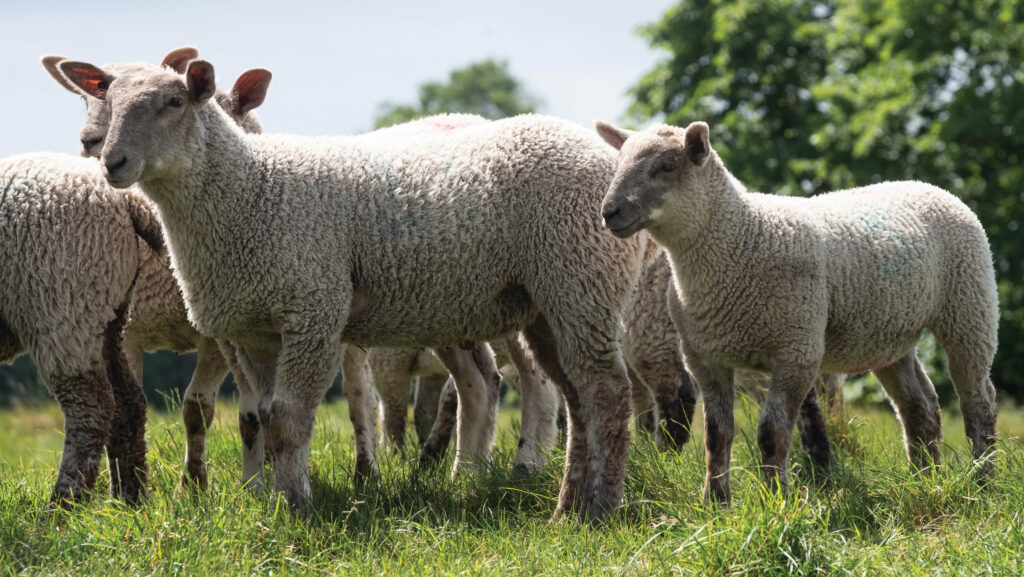Halal lamb consumers ripe for targeting
 © Tim Scrivener
© Tim Scrivener Global demand for lamb is set to increase 15% by 2032, creating significant opportunities for UK sheep farmers.
This is according to ABP farming sustainability lead Tom Dracup, who added that, despite a volatile lamb market and an 8% contraction in domestic supply in the past 12 months, retail sales had risen by 6%.
See also: Lamb trade lifts further above £6/kg carried by tight supply
Rizvan Khalid, managing director of Shropshire-based Euro Quality Lambs, admitted he was concerned by the downturn in supply, which was affecting throughput.
“The past 12 months have not been easy from the processor’s point of view – credit risk is sky high and there’s more debt outstanding,” he said.
However, he added: “Given how the market is changing across the world, we have a massive opportunity to supply, and we’re in a better position to take advantage than some of our competitors.”
Rizvan pointed out that the UK is the third biggest exporter of lamb globally, and its grass-fed production system gives it a good image.
He sees opportunities mainly in the EU, rather than, say, the US, even though the US having overtaken the EU in volume of imports (after China and Hong Kong).
This is despite the UK’s exit from the EU, which has had a significant impact on his business: “Brexit has been the biggest bane of my life for the past two to three years, from a trade perspective.
“The bureaucracy is immense, adding £90m to £120m/year in costs, and the [resulting] delays mean we lose one day’s shelf life. I cannot stress how important veterinary alignment is – up to 80% of these costs would go away.”
Muslim market
There are opportunities at home too, as UK halal lamb serves 6.5% of the UK population (according to the 2021 census), is very suited to global cuisine, and is consumed by a young demographic whose diets are heavily weighted towards poultry and sheepmeat, with little beef and no pork, said Rizvan.
He suggested the opportunity was there to target Muslim consumers, but more engagement with them was needed.
“Most live in cities, but their roots are rural. It would be helpful to have [events like] farm open days for Muslim communities, and we’re talking to the NFU and the National Sheep Association about that.”
As well as Muslim festivals, Christmas and Easter produce spikes in demand for lamb, he added.
The taste and its association with gatherings of family and friends, as well as its health benefits and welfare-friendly image, all help maintain a good reputation.
“There are a few bumps in the road ahead, but prices will be robust as lamb is in short supply,” he concluded. “Think grass fed, grass fed, grass fed – it’s the best marketing.”
Rizvan Khalid was speaking at the recent Sheep Breeders Round Table 2024, held near Derby.
